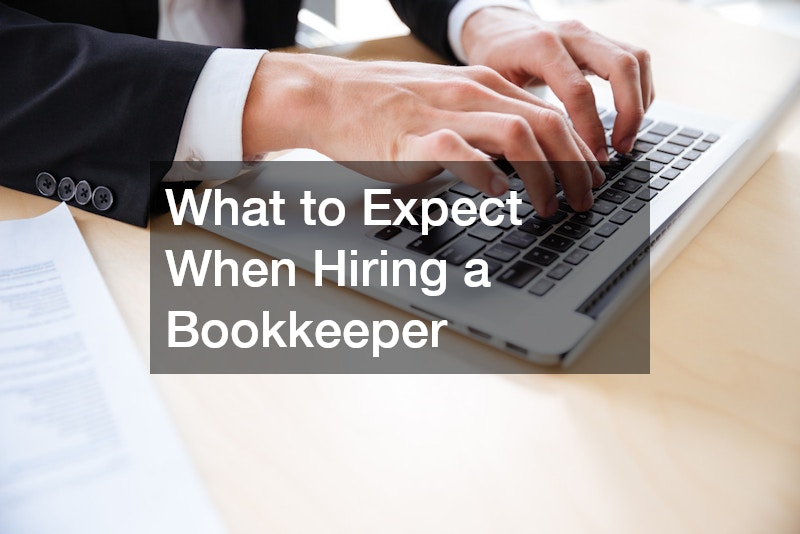- Noise pollution in the workplace can lead to stress, anxiety, and other physical and mental issues for employees.
- Too much noise can cause distractions, reduced productivity, and communication problems between colleagues.
- Prolonged exposure to loud noises can lead to long-term hearing issues such as tinnitus.
- Soundproofing and sound masking systems can reduce noise levels, encourage quieter behavior during working hours, and monitor noise with devices such as sound meters.
- Reducing noise pollution in your office can help boost employee productivity and morale.
Noise is something many people have to deal with daily. It can significantly impact your quality of life, affecting sleep patterns, concentration, and overall enjoyment of your environment. However, noise problems don’t only occur at home. It can also happen in your office. Here’s what you need to know about noise in your workplace.
Noise Pollution and Your Workplace
Have you ever noticed that the noise in your office can be distracting and even disruptive? Noise pollution is a form of environmental pollution that can have severe and long-term effects on both the physical health and mental well-being of workers. Here are four ways noise pollution can affect your office and the people who work in it.
Stress & Anxiety
Noise pollution can cause stress and anxiety in workers, leading to decreased productivity and higher levels of absenteeism. In a survey conducted by the World Health Organization, workers exposed to high noise levels were found to be more prone to feelings of stress, anger, fatigue, confusion, and tension. Long-term exposure to loud noise has also been linked to cardiovascular issues such as high blood pressure.

Distraction & Decreased Productivity
Noise pollution is also known to be highly distracting. Even if your employees can tune out background noises for short periods, these sounds will eventually distract them from their work—leading to decreased productivity and errors. This distraction can also increase stress levels since employees may feel like they have too much work due to lost productivity time.
Communication Issues
High noise levels can make it difficult for coworkers to communicate effectively, which can lead to disagreements or miscommunications that could have otherwise been avoided.
For example, if two colleagues are talking but cannot hear each other over the background noise, this could result in misunderstandings or delayed responses. Furthermore, loud noises can make phone conversations or video calls with external clients or customers difficult, which could damage relationships with those contacts.
Health Problems
Lastly, exposure to loud noises over long periods may lead employees to develop hearing problems such as tinnitus (ringing in the ears).
In fact, according to the Centers for Disease Control and Prevention (CDC), approximately 15% of Americans aged 20–69 have permanent hearing loss due to prolonged exposure at home or work. Use soundproofing methods such as acoustic panels or sound-absorbing materials on walls and ceilings to prevent this from happening in your office environment.
Dealing With Noise Pollution
Thankfully, there are various ways to reduce noise in your workplace. Here are four tips to help you control the noise levels in your office:

Soundproofing
One of the best ways to deal with noise pollution is to soundproof your office simply. There are now sound masking systems and acoustic panels available that can reduce the noise levels in your office environment. You can also use sound-absorbing materials such as carpeting, fabric wall coverings, or foam panels to decrease noise reverberation in open spaces.
Set Working Hours
If you have a flexible work policy or telecommuting options for employees, consider setting specific hours for employees to come in and work. This will give them time to focus on their tasks without being distracted by noise from other workers coming in or out of the office.
Encourage Quiet During Working Hours
Ensure you encourage your employees to reduce noise during working hours. Remind them to use headphones when listening to music or podcasts, and provide areas to take private phone calls away from their workstations.
Talk to Employees
The best way to tackle noise pollution in your office is to speak with your employees. Ask them what they think could be done to improve their working environment and address any issues they have regarding noise levels.
Monitor Noise Levels
Finally, use sound meters or other devices to monitor noise levels in your office. This will give you an accurate picture of the current noise environment and help you identify problem areas that need improvement.
With these tips, you can reduce noise levels in your office and boost employee productivity, morale, and well-being. So don’t wait any longer—take steps to protect your employees from noise pollution today!










